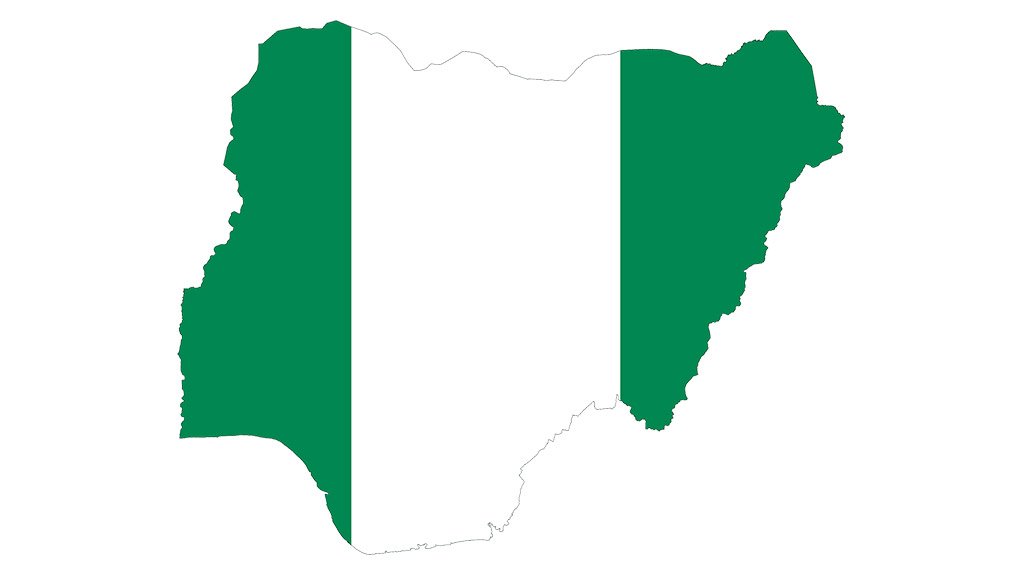Nigeria's new tax law, including a contentious 5% fuel surcharge, will not take effect until January 1, Finance Minister Wale Edun said on Tuesday, seeking to calm fears over rising living costs amid widespread economic hardship.
Edun told reporters in Abuja the surcharge, targeting petrol, diesel, and other fossil fuels, required a formal government proclamation and an official order signed by the finance minister to be published in the National Gazette before implementation.
"The order will not be issued immediately. Government is aware of the economic situation of the times and would not deliberately increase the burden on Nigerians," he said.
Since coming into office in 2023, President Bola Tinubu has ended petrol and electricity subsidies and twice devalued the naira currency as part of reforms to boost Nigeria's decade-long sluggish output. However, those steps triggered the worst cost-of-living crisis in a generation and have yet to deliver faster growth.
The fuel surcharge is part of the new Nigeria Tax Act, signed into law in June, was designed to harmonise tax rules and boost revenue as part of a broader fiscal overhaul.
While Edun emphasised that the surcharge was not a new tax, he noted its origins in a previous 2007 law, describing its inclusion in the new act as a move for "harmonisation and transparency".
EMAIL THIS ARTICLE SAVE THIS ARTICLE FEEDBACK
To subscribe email subscriptions@creamermedia.co.za or click here
To advertise email advertising@creamermedia.co.za or click here











